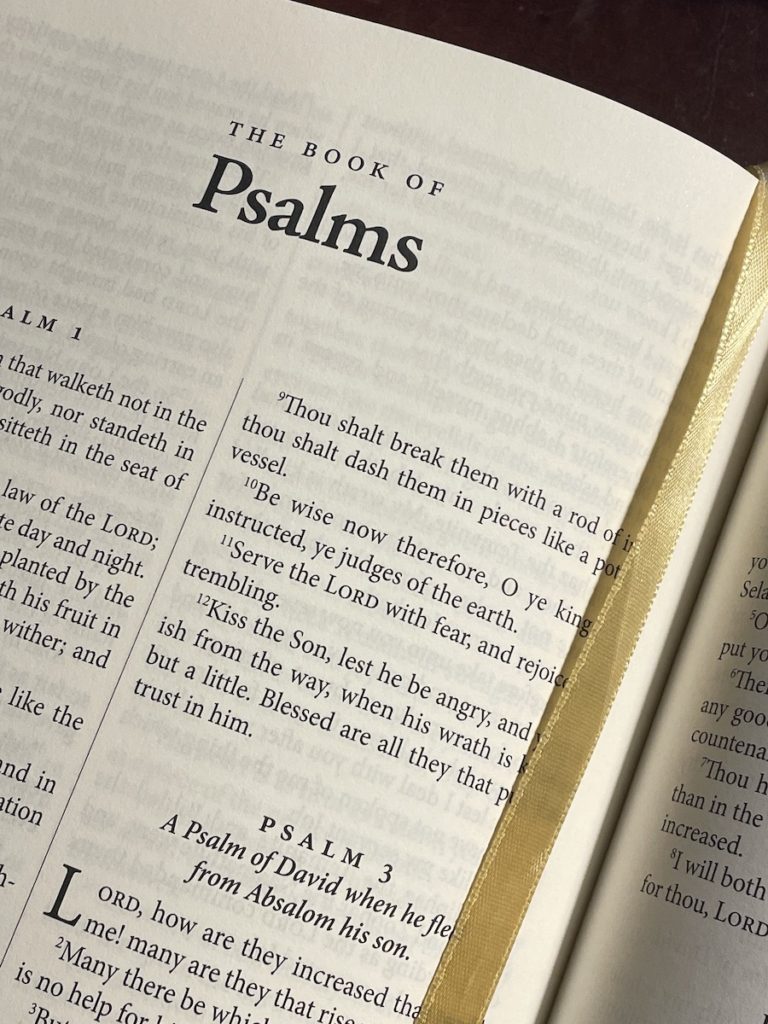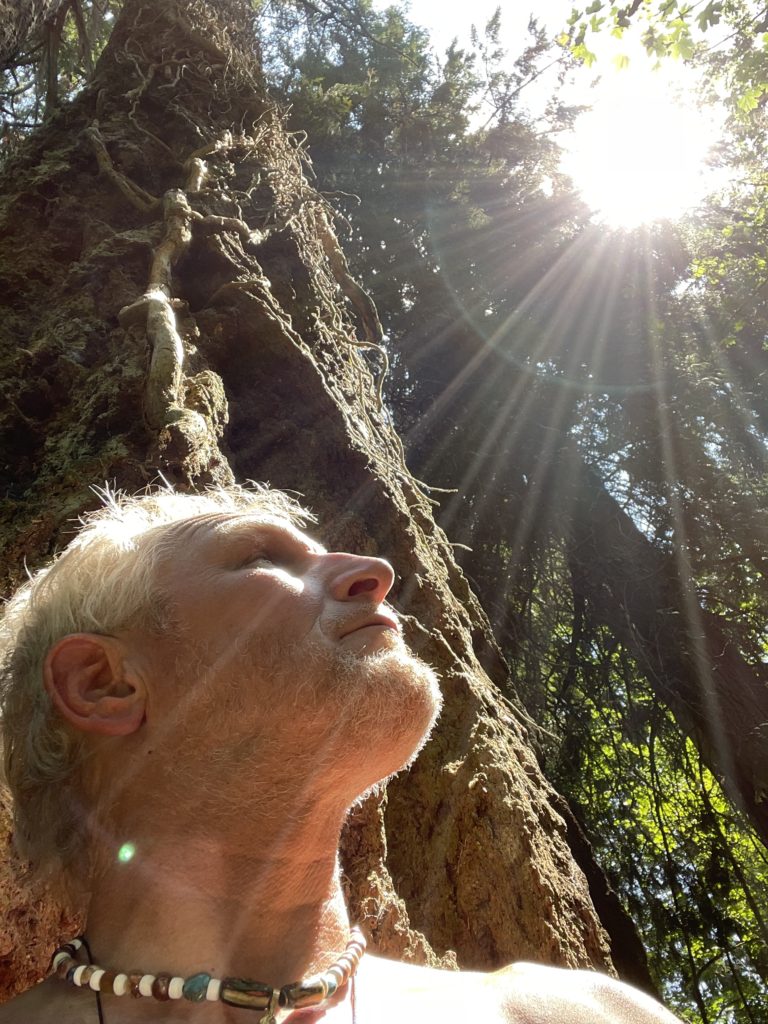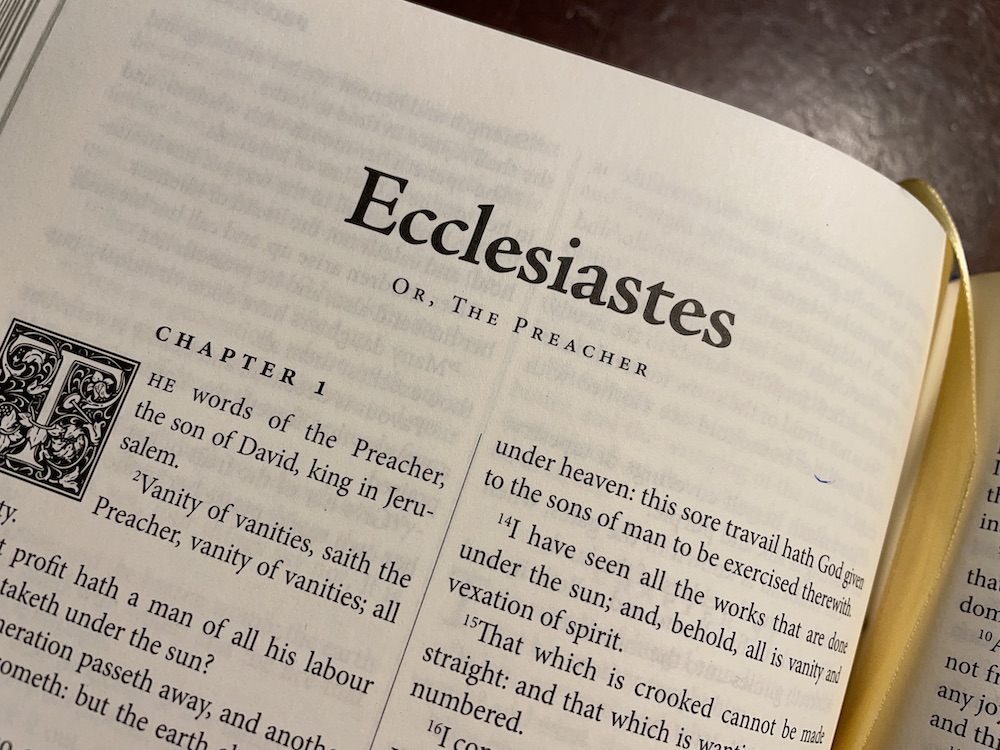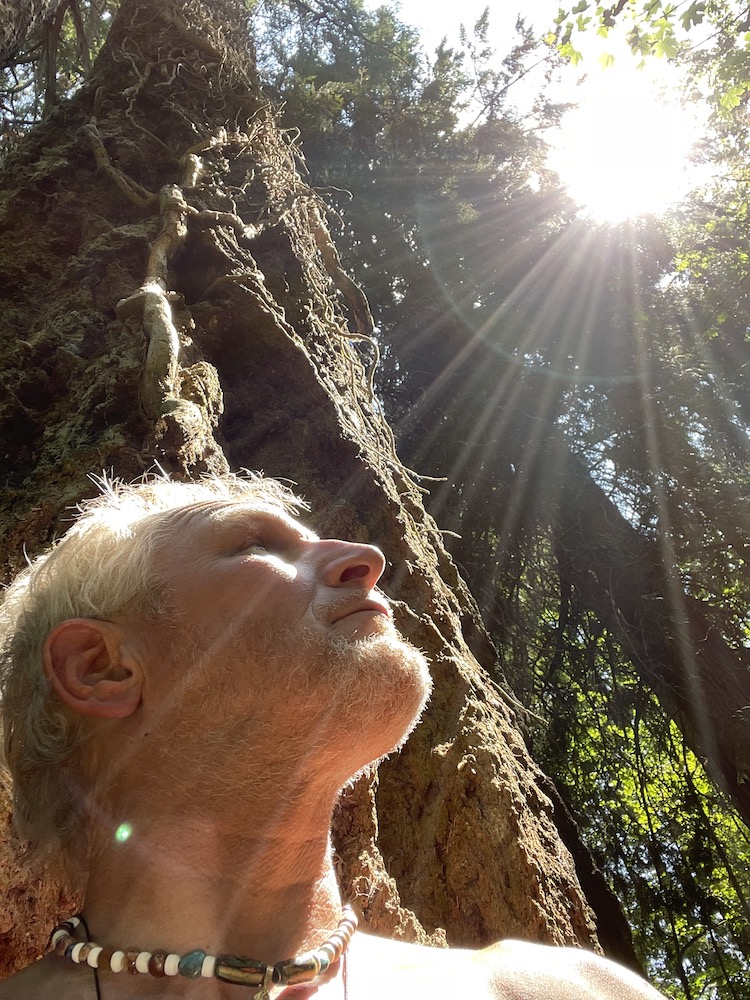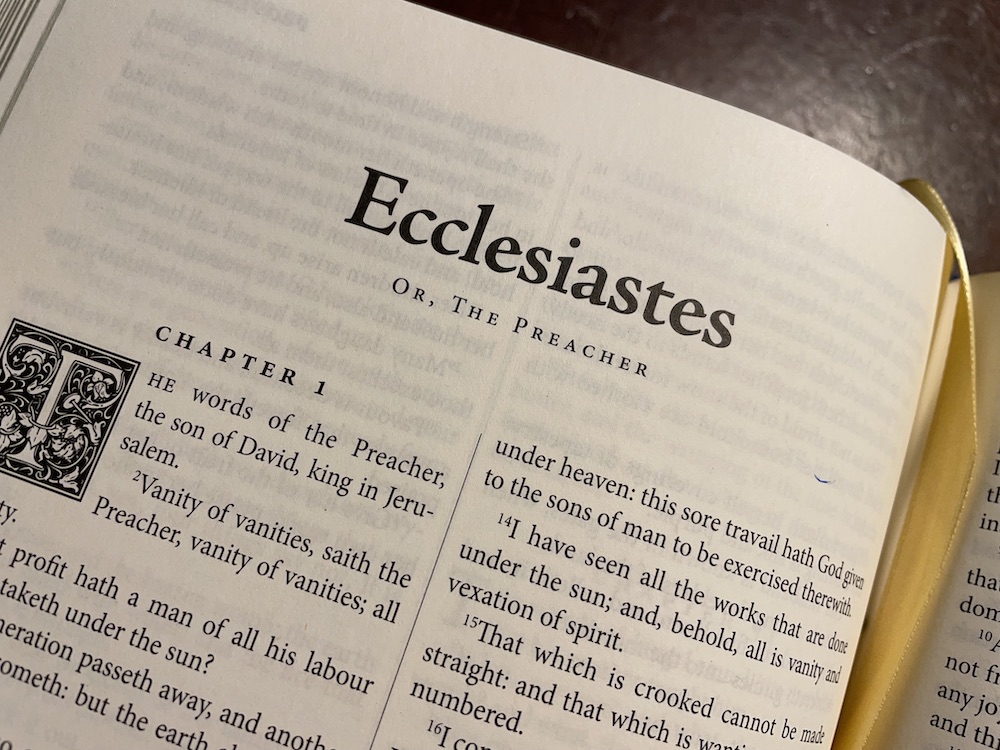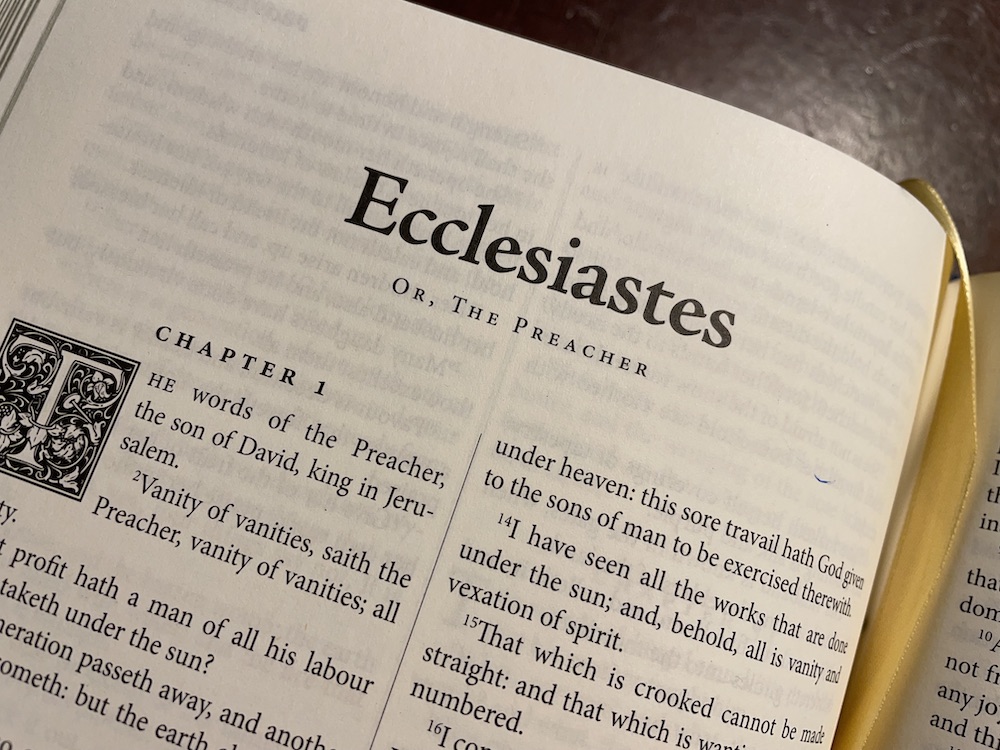
A New Way of Life
Coming to an understanding of YHVH Elohim’s Torah-laws and then adopting a Torah-compliant lifestyle coupled with viewing the Bible through a Hebraic perspective and context has numerous positive benefits in one’s life. A pro-Torah approach to one’s life is more than just…
- Changing which day you go to church on.
- Changing your eating habits.
- Celebrating different holidays.
- And, if you’re really into it, growing a beard and wearing blue fringes or tassels.
Pursuing a Torah-centric lifestyle will not only change some aspects of your lifestyle, but will also change how you view the Bible, how you view Yeshua or Jesus, Elohim or God, yourself, the Jews, the land of Israel as well as your thinking about a lot of other things, and how you view yourself and your fellow Christians. It will also vastly deepen and broaden your understanding of the Bible in ways you could never imagine. Let’s briefly explore a few of these areas.
The Main Lifestyle Changes Include
- Observing the seventh day Sabbath
- Celebrating the biblical feasts
- Adopting a biblically kosher diet
But as we are about to learn, this is only the beginning.
A New Perspective on the Bible
A pro-Torah and Hebraic view of the Bible opens up multiple new vistas in one’s understanding of the Bible. Here a few of them:
- A more traditional Greco-Roman, Western, caricaturized view of Jesus gives way to a more accurate Hebraic or Jewish and Middle Eastern view of the real and authentic Yeshua.
- One learns that Yeshua in his pre-incarnate state was the God of the Old Testament and the one who interacted with the patriarchs, Moses, the children of Israel and the prophets. As such, he is the One, as the Word of Elohim who would eventually became flesh, who gave the ancient Hebrews his Torah-law.
- One learns that the thesis-antithesis paradigm of the Old Testament Torah-law or law of Moses model versus the New Testament grace model is a false and church-invented construct, and that the concepts of law and grace are not antithetical as the mainstream church teaches but are complimentary and indivisible issues, and are, in reality, two sides of the same coin.
- One gains a deeper understanding of who and what the church is. The church was neither birthed nor spontaneously combusted on the day of Pentecost. Rather the church is a long term continuation of YHVH’s relationship with his people going back for thousands of years and continues to this day and involves all of the saints.
- A new and greater holistic view of the Bible emerges versus only seeing the Scriptures in a seemingly disparate, disjointed and unrelated parts and pieces. The pieces of this vast puzzle finally begin to fall into place and a much more glorious and expansive picture than ever imagined emerges.
- A Hebraic or Eastern view of the Bible replaces a limited and somewhat cartoon Greco-Roman and Western Catholic, Orthodox or Protestant view.
- One begins to understand the Bible through Hebraic block logic rather than Greek step or syllogistic logic.
- One gains a deeper understanding of the rules of biblical interpretation including understanding Scripture in its whole Bible, linguistic, historical and cultural context. One also learns about the four levels of understanding the Bible known as the PaRDeS method (i.e., the simple, hinted at, allegorical and mystical levels). One also gains an understanding of and an appreciation for the concept of exegesis over eisegesis when correctly interpreting or rightly dividing the Word of Elohim.
- A better understanding of biblical history and future events including the Hebraic understanding of cycles emerges.
- One gains a new understanding of Paul and the real issues facing the New Testament church. The controversial issue that Paul was dealing with was not the law versus grace and whether or not YHVH’s Torah-law was relevant to Christians. Rather, the issue was about a works-based salvation versus salvation by grace through faith. In Paul’s writings, the validity of the Torah-law was never the issue contrary to what mainstream Christianity has falsely taught over the millennia.
- One gains a whole new perspective and understanding of Old Testament Bible prophecies as one learns who the ancient players were and who their modern descendants are and how that relates to end times Bible prophecy.
- One learns who the two houses of Israel were and who their modern descendants are and how that relates to each of us regarding our future destiny as it relates to the establishment YHVH’s kingdom on earth.
A New Perspective About Yourself
As one embraces the Torah and the Hebrew roots of one’s faith…
- A new and fuller perspective on the biblical definition of sin emerges. One learns that YHVH’s Torah-law defines sin, not church traditions and the rules of men. This is both liberating and sets one’s life on a more solid spiritual foundation based on the Truth of the Bible as opposed to the unbiblical traditions of men.
- One gains a new and fuller perspective and understanding on who you are as a grafted-in Israelite. You are no longer a Gentile who is without God and without hope, but are part of the commonwealth, nation, citizenship and covenants of Israel. You are a redeemed Israelite and the literal offspring of Abraham and you are part of YHVH’s chosen people along with our Jewish brothers. This is an enormously empowering concept!
- One obtains a new and fuller understanding of what holiness is and how to become holy. The Bible defines what people, things, practices or times are holy, not men.
- Your physical diet improves. This is because one becomes a label reader and discovers that one has not only been eating biblical non-kosher foods, but a lot of unhealthy junk and chemical ingredients as well. By eliminating these toxic substances from one’s diet, one’s health will improve because one stops eating physical junk food.
- One’s spiritual diet will improve. One becomes a spiritual label reader and begins to compare what the mainstream church is teaching or not teaching compared to what the Bible really says. As a result, one stops feeding from the toxic mixture of truth and lies that are emanating from the pulpit, which is the tree of the knowledge of good and evil, and one starts feeding from the whole Truth of the Bible, which is the tree of life. Thus, one’s spiritual health improves as one stops eating spiritual junk food.
- One gains a deeper understanding of what it is to be the temple of the Holy Spirit and what it means to live a sanctified and holy life.
A New Perspective on Some Other Things
One gains…
- A new love for the land of Israel.
- A new love for the Jewish people.
- A new love for YHVH’s lost and scattered sheep of the house of Israel.
- An expanded and deeper understanding of the gospel message including Yeshua’s remarriage to his Israelite bride and why he had to die on the cross to pay the sin price for his adulterous wife.
- A fuller understanding on what it is to be the bride of Yeshua and how to prepare for and qualify to be his glorious and immortalized bride.
- An understanding of the heavenly and temporal rewards that one will receive as a result Torah obedience versus not obeying YHVH’s Torah.












